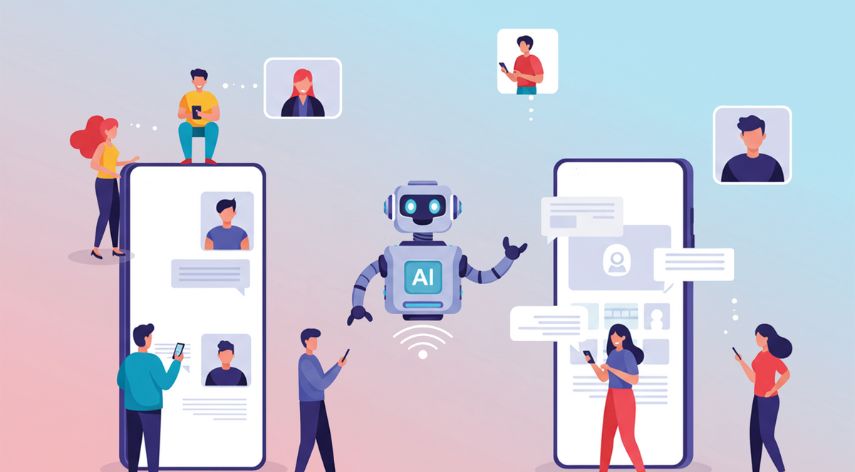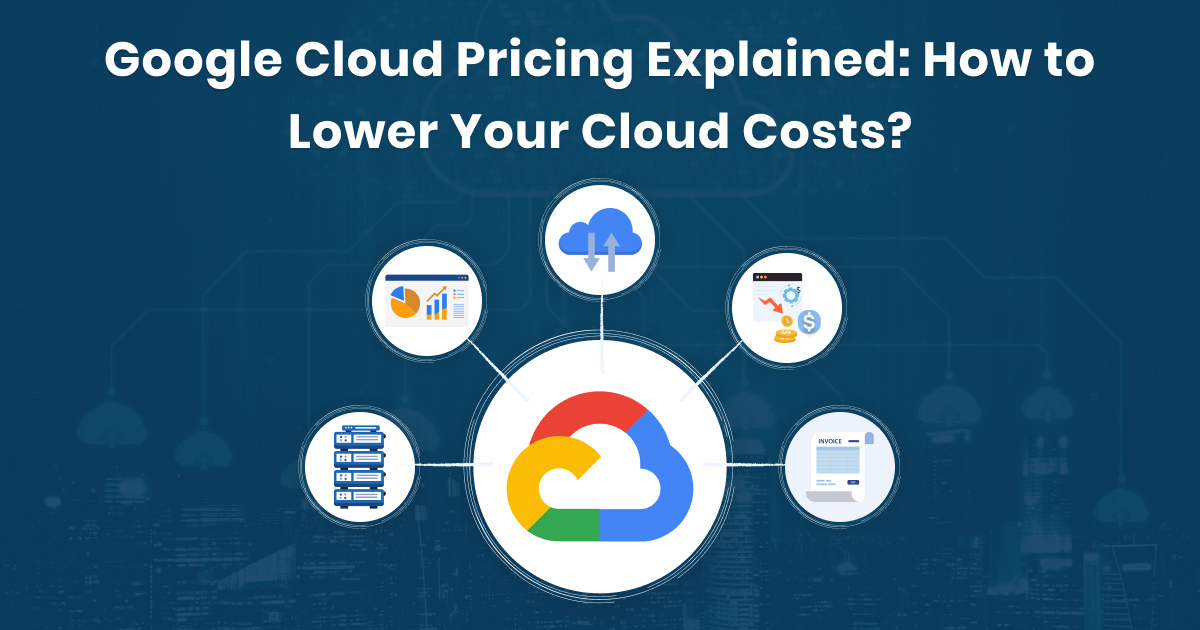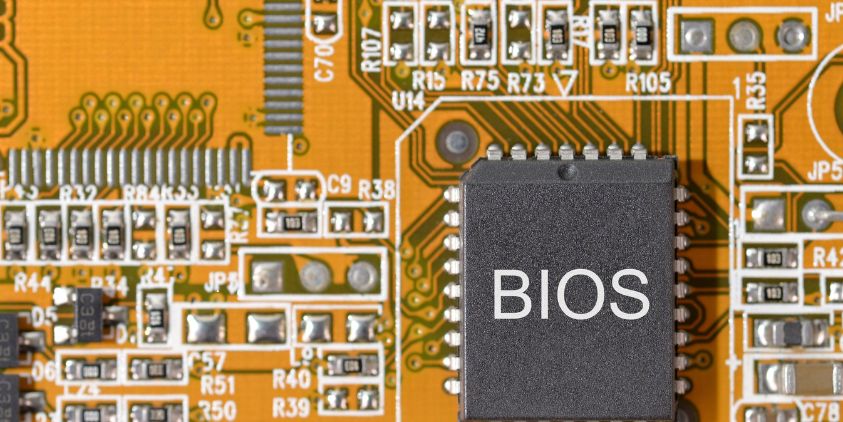Lip Sync AI Explained: A Game-Changer for Video and Digital Content Creation

Introduction
The world of digital content creation is witnessing dynamic evolution with robust advancements in artificial intelligence (AI). Among these, Lip Sync AI stands out as one of the most exciting innovations. This technology helps synchronise lip movements with audio in videos to create engaging and realistic content. Whether you are a social media creator, filmmaker or video editor, Lip Sync is highly effective in delivering realism while saving time – presenting a doorway to new creative possibilities.
This comprehensive guide will explore:
- Lip Sync AI and How It Works
- Applications of Lip Sync AI in Content Creation, Video Editing and Beyond
- Best Tools Available Today
- Future Potential and Ethical Considerations
What is Lip Sync AI?
Lip Sync AI is a modern technology powered by AI (artificial intelligence) which automatically matches a given audio track to lip movements in a video. Unlike conventional lip-syncing done manually, where frame-by-frame adjustments are crucial, this technology integrates AI automation with exceptional accuracy.
How Lip Sync AI Works
- Audio Analysis: The input audio is first processed by the AI to detect speech patterns, timings and phonemes.
- Facial Landmark Detection: The AI again uses computer vision to identify key facial features like lips, tongue or jaw.
- Animation Generation: It also produces realistic lip movements syncing seamlessly with the audio.
- Rendering and Refinement: The final result is manifested, including options for manual tweaks.
Common tools such as DeepMotion and Adobe Character Animator often use Lip Sync AI for streamlining animation workflows.
Applications of Lip Sync AI in Digital Content Creation
Multiple industries have witnessed revolutionary changes with Lip Sync AI – from entertainment to marketing.
- Video Editing and Dubbing
- Automated Dubbing: AI also helps re-syncing actors’ lip movements while dubbing films in foreign language. This cuts down the need for retakes.
- Voiceovers and Animation: Content creators often use this to generate realistic lip movements for animated characters without manual keyframing.
- Social Media and Marketing
- Personalised Ads: Brands often make localised ads for different regions with perfectly synced lip movements.
- AI Influencers: Virtual influences including Lil Miquela also use Lip Sync AI for more natural speech.
- Gaming and Virtual Reality
- Real-Time Lip Syncing: By dynamically syncing NPC (non-playable character) dialogues, AI improves immersion in games.
- VR Avatars: In fact, this accurate lip syncing has led to more lively metaverse interactions and virtual meetings.
- Film and Post-Production
- Fixing Dialogue in Post: Directors can now easily adjust lip movements without the need of costly reshoots.
- Deepfake Prevention: The ethical use of Lip Sync AI is also useful in detecting manipulated or distorted videos.
Top Lip Sync AI Tools in 2024
In the contemporary digital landscape, some top lip syncing tools powered by AI are discussed below:
- Adobe Character Animator
- Utilises AI and real-time motion capture to sync lip movements
- Perfect for live streamers and animators
- Magic Hour
Magic Hour’s AI-powered Lip Sync tool effortlessly syncs voice with facial movements, ideal for creators, dubbing, and content production.
- Wav2Lip (Open-Source)
- A research-based AI model offering high quality lip syncing
- Preferred by most developers for custom projects
- Synthesia
- Generating AI video with realistic lip-syncing both for educational and corporate content
- FaceRig
- Real-time avatar animation with voice-driven lip syncing
- Used by VTubers and streamers
Challenges and Ethical Considerations
Although Lip Sync AI comes with several benefits, it brings about certain ethical concerns as well, such as:
- Deepfake Misuse
- AI-powered lip syncing is often used to spread misinformation or make fake celebrity endorsements
- Solutions such as applying watermarks in AI-generated content are explored
- Job Displacement Concerns
- Animators and voice actors might be worried when it comes to replacing manual work with AI
- However, the purpose of AI is to help rather than substituting human creativity
- Privacy and Consent
- Breaching someone’s personal space without consent can end up in legal problems
- The purpose of regulations such as the EU’s AI Act is to address such concerns
The Future Potential of Lip Sync AI
With rapid advancements in technologies, emerging trends include:
- Real-time AI Lip Syncing: For gaming and live broadcasts
- Emotion-Aware AI: Adjusting lip movements in accordance with sentiment and tone
- Cross-Language Adaptations: Ensures seamless dubbing without disrupting lip-sync accuracy
Companies such as NVIDIA and Meta are efficiently investing in next generation lip syncing AI models.
Conclusion
The entire digital world – from animation and video editing to digital content creation – Lip Sync AI has brought revolutionary changes in all fields. From enabling hyper-realistic virtual characters to automating monotonous tasks, this technology is a game changer. However, ethical considerations in line with responsible use can help guide its right adoption.
If you are a content creator, experimenting with tools such as Synthesia or Adobe Character Animator can enhance your projects to the next level. With the evolution of AI, Lip Sync AI is exploring limitless opportunities.
Have you ever considered Lip Sync AI in your workflow? Do let us know your experiences in the comments below!
Lareal Young is a legal professional committed to making the law more accessible to the public. With deep knowledge of legislation and legal systems, she provides clear, insightful commentary on legal developments and public rights, helping individuals understand and navigate the complexities of everyday legal matters.
Recommended For You
Generative AI has transitioned to practice. Now that Google Gemini has been integrated into Vertex AI Studio, companies are able
Cloud spending is turning out to be a strategic focus of organizations that are increasing their digital activities. With the
The PlayStation 2, or PS2, remains a beloved console among gamers. Its vast library of games and innovative features left
Browse by Category
- Travel
- Technology & Gadgets
- Sports & Games
- Software
- Shopping
- Reviews
- Real Estate
- Numerology
- News
- Make Money
- Lifestyle
- Law
- Home Improvement
- Health
- Gardening
- Games
- Finance
- Entertainment
- Education
- Digital Marketing
- Diet and Fitness
- Dating
- Construction
- Celebrity
- Career and Jobs
- Business
- blog
- Angel Number





